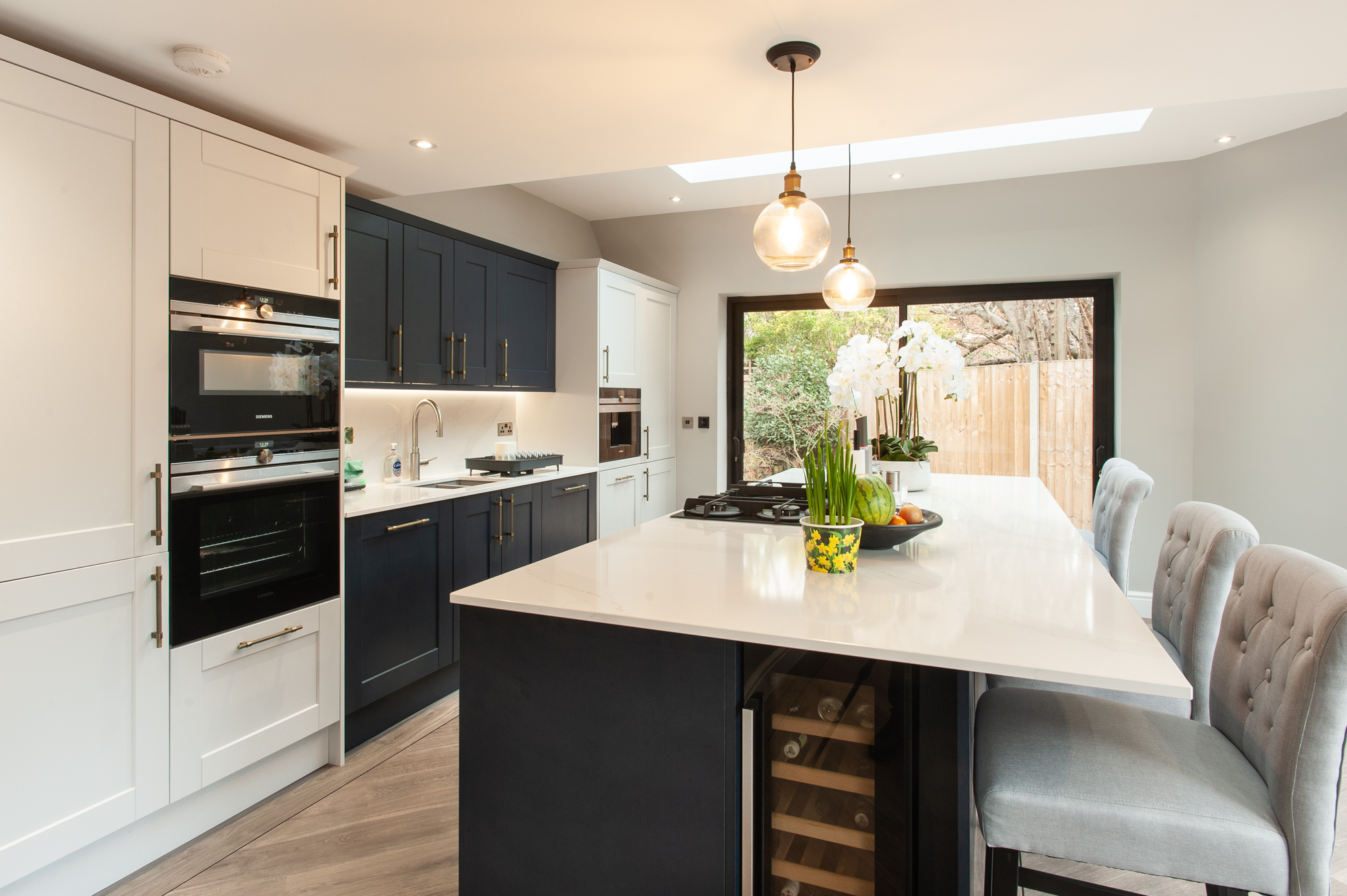Loft conversions are almost synonymous with home improvement projects in London. And it is easy to understand why.
They are relatively easy to construct, cost-effective, a great way of adding some much-needed space in your home, and add incredible value to your property. Not to mention, they seldom require planning permission. Or at least that’s what most homeowners assume.
In fact, planning permission is not an uncommon requirement for loft conversions. It all depends on the design and dimensions of your loft conversion.
To better understand the process and the requisites of planning permission for loft conversions in London, take a read below:
What is planning permission?

Planning permission is essentially formal approval from your local authority for the construction, expansion, or alteration of your residence or building.
Planning permission differs from permitted developments in that permitted developments are pre-determined consents which apply to constructions or additions that fall under certain limits and conditions. These conditions include the dimensions of the new structure, its position within the property, and its proximity to the boundaries.
What are the different types of applications for planning permission?

The 4 main types of applications for planning permission are:
Full Application- The most common type of application in which all the details of the proposed construction are submitted, including detailed diagrams of the designs. This type of application is usually for non-householder developments.
Outline Application- This is a pre-emptive application in which some of the proposed changes are submitted for approval before settling on the design plans and moving ahead with the proposed changes and a detailed proposal. This application is generally for larger commercial developments.
Householder Application- For projects such as extensions and conversions, a householder application is submitted. This is for homeowners who wish to make changes in their home or garden area.
Reserved Matters Application- After outline planning permission is obtained, reserved matters application must be submitted for approval, which details the designs of the new construction, before development work begins.
For homeowners undertaking a loft conversion, a full or householder planning application needs to be submitted.
Why is planning permission important?

Planning permission needs to be sought if your home extension or loft conversion does not fall under permitted developments.
Planning permission is generally only refused when the proposed changes are likely to cause:
- Loss of light
- Loss of privacy
- Harm to the environment
- Inconvenience to the neighbours
If any building work is undertaken without seeking planning permission, or without complying to the conditions of the planning permission, then it is deemed to be a planning breach.
A planning breach allows your local planning authority to serve you with an enforcement notice which requires you to undo the work and restore the original structure. All of which translates to an incredible loss of your time, effort, and money.
Therefore, planning permission must be obtained to ensure your build work complies with the specified guidelines and standards.
Do you require planning permission for loft conversions?

The answer to this question is not a straightforward yes or no. The need for planning permission must be addressed in a case by case basis.
Loft conversions usually fall under permitted developments and do not require planning permission. However, for a loft conversion to be considered a permitted development, it must meet the following criteria:
- The building under construction is not a flat or maisonette
- The property is not listed in a conservation area
- The volume of the extension must not exceed 40 cubic meters in a terraced house (50 cubic meters in a detached or semi-detached property)
- The extension must not be higher than the highest part of the roof
- Materials used must be similar in appearance to those in the existing structure
- The extension must not include balconies, verandas, or raised platforms
- The extension must not have dormers on the front of the house (facing the road)
- The side windows must be obscure-glazed
It is also important to realise that different areas will have different requirements and specifications for planning permission, so it is crucial that you contact your local authority to gain a better understanding of the approvals you require for your proposed loft conversion.
What documents are required when applying for planning permission?

For a valid planning application, these documents must be submitted for approval:
- Name and address of applicant, with area and location of land concerned
- Copies of public notices
- All the required plans, maps, and diagrams with copies
- Location map
- Site plan
What is the cost of applying for planning permission in London? And how long does it take to get approval?

A detailed budget and plan ensure a smooth process for your loft conversion project. Factoring in the cost and time taken to obtain planning permission is therefore a vital part of this process.
Householder applications for planning permission cost £206, whereas full planning permission applications cost £462. Design fees for diagrams and structural drawings of the development may also need to be considered at this stage.
Provided there are no delays or problems with the paperwork and applications, approval for planning permission takes 8 to 12 weeks. The timeframe also depends on the complexity of the build.
Conclusion
Yes, it’s confusing. Yes, it can be frustrating. But it need not be.
Just like everything else in construction, with careful planning and diligent preparation, the process for applying for and securing planning permission can be painless and efficient.
And as with all things related to loft conversions, having the right experts and specialists by your side, makes all the difference.
Hoping to begin work on your loft conversion? Confused about planning permission, party wall agreements, building regulations approval, and permitted developments?
Contact the experts at Good Design and Build today!
We not only design and create stunning loft conversions that are a dream come true; we also oversee and manage the entire application process for planning permission. From surveying the location and drawing detailed diagrams, to coordinating with the local council and securing the requisite approvals. We do it all!




